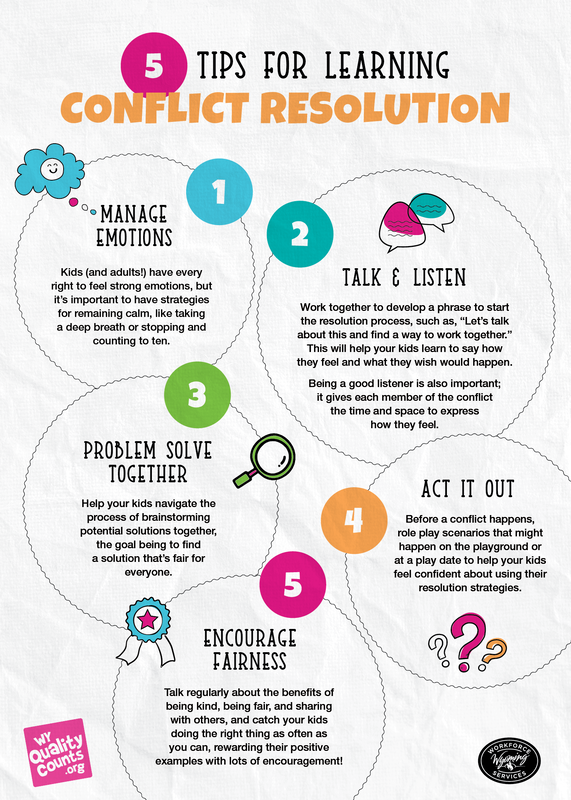Introduction:
Communication is an essential aspect of human interaction, enabling us to convey thoughts, understand others, and build meaningful relationships. However, conflicts can often arise due to misunderstandings, differing viewpoints, or simply miscommunications. In order to foster healthy relationships and maintain effective communication, it is crucial to develop conflict resolution strategies. In this blog post, I will share some personal experiences and provide informative techniques for better communication and conflict resolution.
Personal Experience:
Several years ago, I found myself in a challenging work environment where conflicts were frequent and resolution seemed elusive. Misunderstandings between team members were common, leading to decreased productivity and strained relationships. As an individual who values healthy communication, I was determined to find solutions that would bridge these gaps and foster a more positive and cohesive atmosphere. Through years of trial and error, I have learned valuable conflict resolution strategies that have transformed not only my personal relationships but also my professional interactions.
1. Active Listening:
One crucial skill in conflict resolution is active listening. Often, we focus on getting our own point across without fully hearing the other person’s perspective. By paying deep attention and validating their feelings, we can create an environment of understanding and empathy. Personally, I have found that taking a step back, letting the other person express themselves without interruption, and reflecting on their words before responding has greatly improved my ability to resolve conflicts successfully.
2. Empathy and Perspective Taking:
Another essential element in conflict resolution is empathy. Putting ourselves in the other person’s shoes enables us to understand their emotions and thought process better. I have found that asking open-ended questions and actively seeking to understand the underlying motivations behind someone’s actions or statements can help uncover common ground. By considering their perspective, we can find mutually beneficial solutions that address the root of the conflict.
3. Maintaining Calmness and Composure:
During conflict, emotions often run high, making it challenging to remain calm and composed. However, reacting impulsively and aggressively can exacerbate the situation. Instead, I have learned to take deep breaths, count to ten, or even take a short break to collect my thoughts before responding. By responding in a calm and collected manner, we demonstrate respect for the other person’s viewpoint and increase the likelihood of finding an amicable resolution.
4. Finding Common Ground:
In the midst of conflict, it is easy to focus on differences and become entrenched in our own positions. However, seeking common ground can help shift the dialogue towards a more constructive and collaborative approach. Personally, I have seen the power of finding shared goals or interests and using them as a basis for compromise. By highlighting shared objectives, we can build a stronger foundation for resolving conflicts and fostering better communication.
5. Active Problem-Solving:
Simply acknowledging the existence of a conflict is not enough; active problem-solving is key to resolving it. Rather than dwelling on the problem, I have found that focusing on finding solutions creates a more productive and positive atmosphere. Encouraging open dialogue, brainstorming, and exploring various options together can lead to innovative and mutually beneficial outcomes. Emphasizing collaboration in conflict resolution allows for both parties to feel heard and valued.
6. Seeking Mediation:
In certain situations, conflicts may become too complex or emotionally charged to resolve without outside help. Seeking mediation from a neutral third party, such as a trusted colleague, manager, or even a professional mediator, can provide fresh perspectives and guide the resolution process. Personally, I have benefited from the support and guidance that mediators have provided in resolving conflicts more effectively.
Conclusion:
Conflict resolution is an ongoing process that requires self-reflection, practice, and a deep desire to foster healthy relationships. Through my own journey in navigating conflicts, I have learned the importance of active listening, empathy, maintaining composure, finding common ground, active problem-solving, and seeking mediation when necessary. By incorporating these strategies into our communication repertoire, we can create an environment that promotes understanding, cooperation, and productive conflict resolution. Remember, conflicts are not necessarily negative; they present opportunities for growth, understanding, and stronger relationships. So let us embrace conflicts, armed with effective conflict resolution strategies, for a more harmonious and understanding world.
